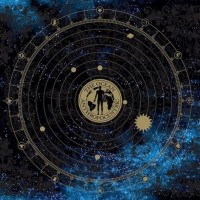Every Friday, The Metal Examiner delves metal’s endless depths to present the genre’s most important and exciting albums.
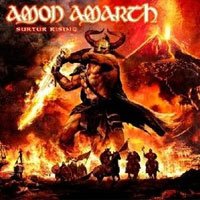 Amon Amarth: Surtur Rising (Metal Blade, 3/28/11)
Amon Amarth: Surtur Rising (Metal Blade, 3/28/11)
Amon Amarth: “War of the Gods”
[audio:https://alarm-magazine.com/wp-content/uploads/2011/04/Amon-Amarth-War-Of-The-Gods.mp3|titles=Amon Amarth: “War Of The Gods”]Some hard rock fuels itself on anxiety and doubt, some on an absolute clarity of purpose. Swedish five-piece Amon Amarth stays in the latter camp and pillages it too, playing melodic death-metal songs of fearlessness and bloodthirsty honor. The band’s rune-like fonts and references to Norse myths and Viking battles are only a sign of what’s at the core. Amon Amarth’s power comes not from all the references to Yggdrasil and Asgaard and the like, but from evoking times (real or mythical) in which civilization revolved around the momentous import of war.
Its seamless meld of death-metal agony and Iron Maiden-style songwriting sounds like the man you’d want at your side in combat. He doesn’t bother with a subtle range of emotions, because he’s occupied, from his soul to his skull collection, with a few very solid ones: loyalty, glory-lust, pitiless determination, and pride in his ability to slay.
Our blond-mammoth war buddies don’t much change their outlook on the new Surtur Rising, nor do they tire of it. As with previous triumphs — see Vs. The World from 2003 and Twilight Of The Thunder God from 2008 — the band’s eighth album is carnage writ absolute. Early into opening track “War of the Gods,” it becomes busy with 16th-note drums and tremolo-picked guitar notes, yet it never feels too busy for its own good. For as stately and epic as it is, there’s no fat, no drag of the ponderous. Once again, Amon Amarth is a model of the thrilling interlock that any band should have, whether savaging the underground or longing for shiny hard-rock hooks.

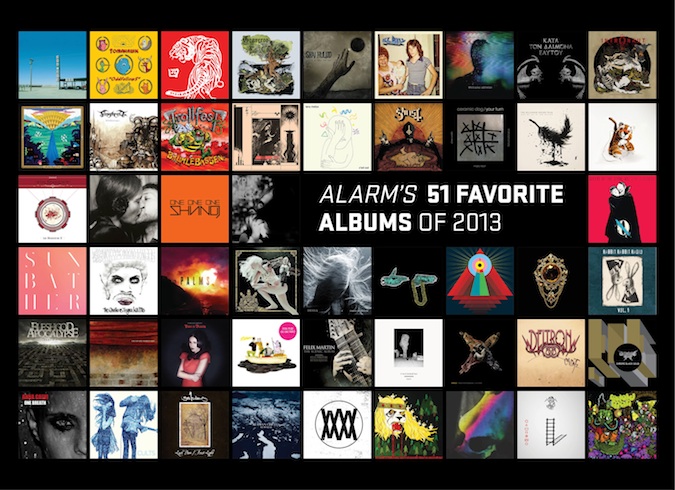
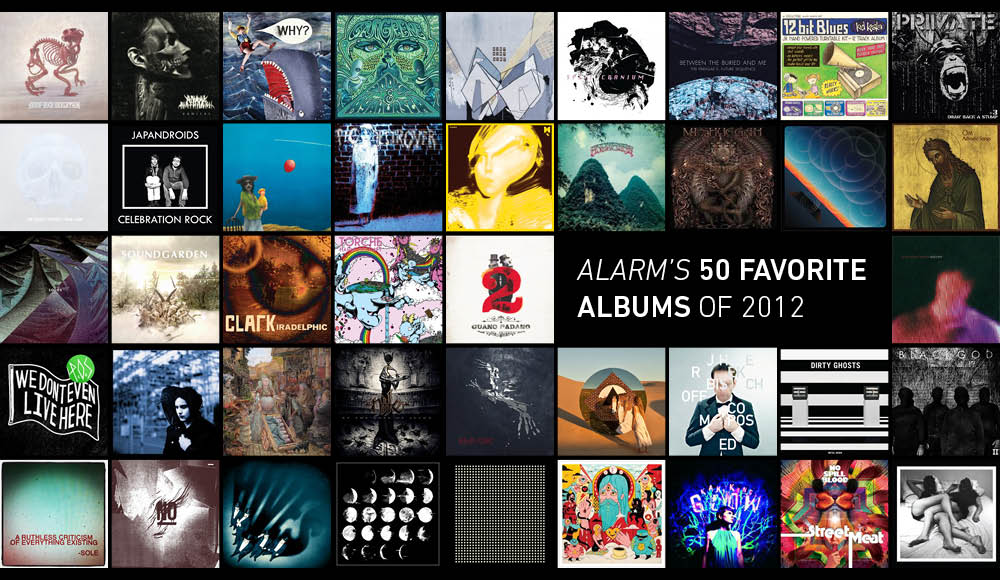
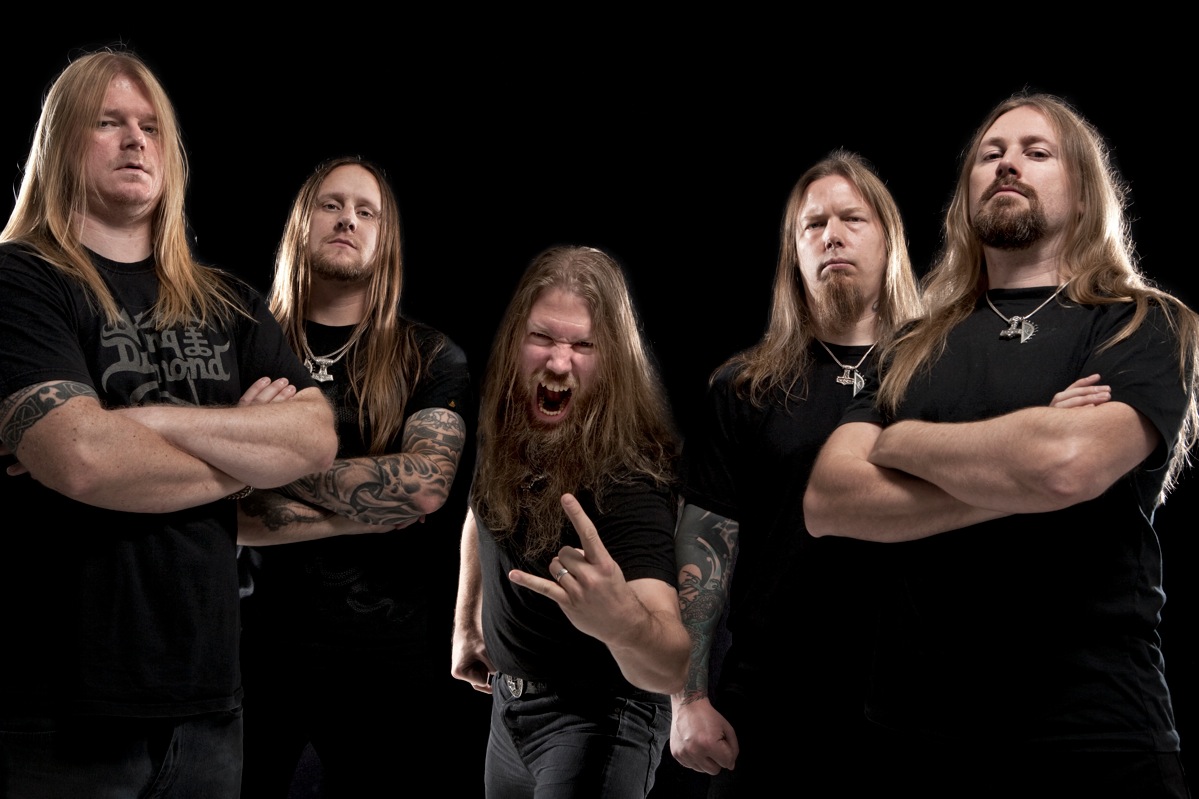
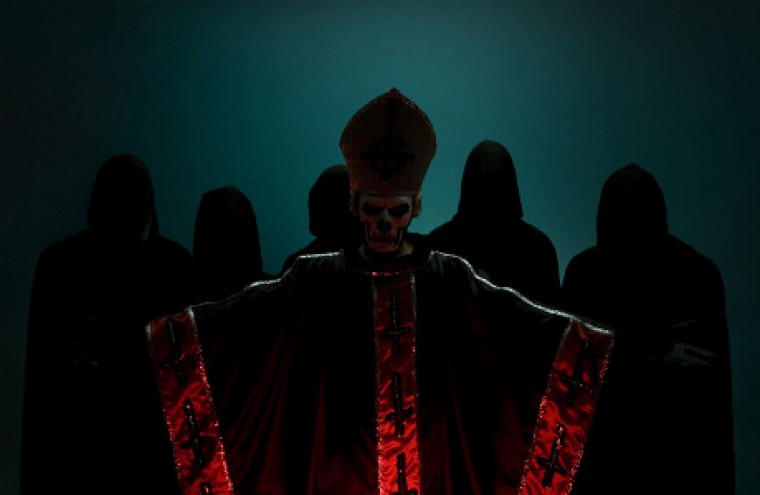
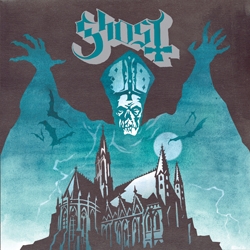 Ghost
Ghost
